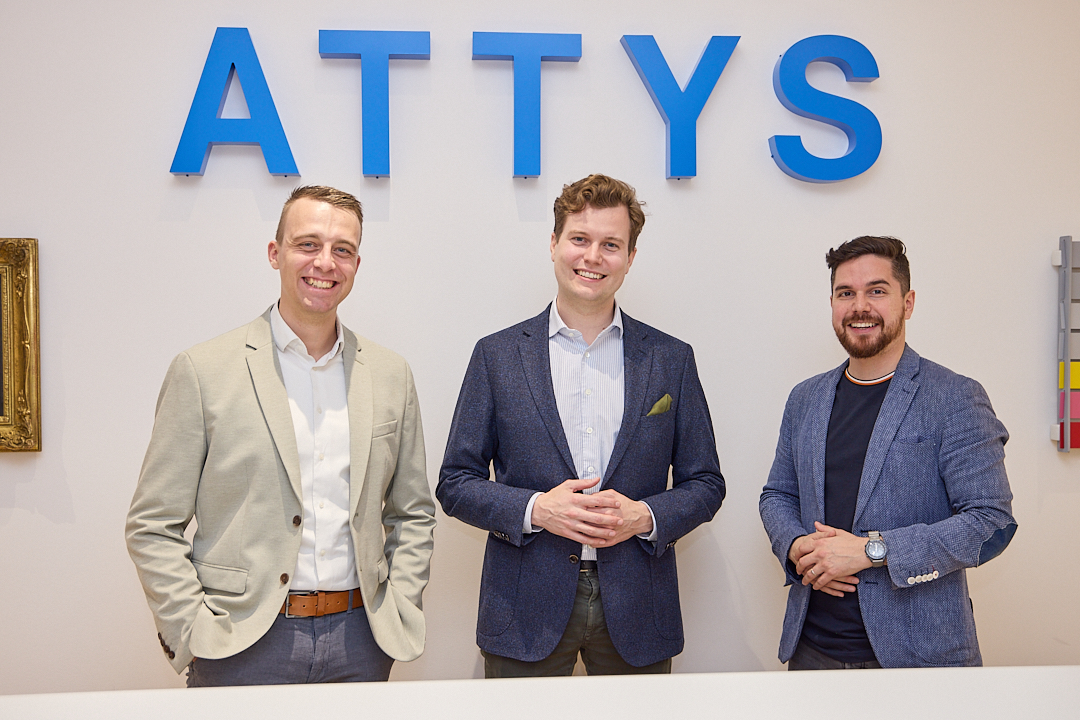Startup Law Lab. Volume V: “AI & HR: Knowledge Transfer in the Digital Age”
Digitalisation is transforming our working world at an unprecedented pace. A recent LinkedIn study from May 2024 illustrates this impressively: 75 per cent of knowledge workers worldwide are already using AI technologies – and Austrian companies are no exception. However, herein lies the first legal challenge: 78 per cent of AI users bring their own tools to work, often without their employers’ knowledge or express consent.
Successful Exchange at Our Startup Law Lab
On 25 March 2025, we examined these highly topical issues at our Startup Law Lab under the title “AI & HR: Knowledge Transfer in the Digital Age”. We were delighted to welcome Lukas Snizek from QuickSpeech as our guest speaker, representing an innovative start-up that enables playful and efficient personnel training through its intelligent microlearning platform.
Together with Dr Christoph Ludvik, Partner at ATTYS Attorney at Law, and dem Startup-Service oft he Austrian Federal Chamber of Commerce, represented by Kambis Kohansal-Vajargah, we discussed in depth both the enormous opportunities and potential of AI in the workplace as well as the associated legal challenges.
AI Use by Employees: Legal Certainty Through Clear Guidelines
Employees are increasingly using AI tools independently – for data analysis, process automation, or creative tasks. However, without clear corporate guidelines, significant legal risks arise:
- Liability Issues: Who bears responsibility for erroneous AI-generated content or decisions?
- Data Protection and Copyright: Which data are used for training AI models, and does their use comply with applicable regulations?
- Confidentiality: Particularly critical is the handling of company-related or confidential information that may be inadvertently entered into external AI systems.
- Compliance Risks: Uncontrolled AI use can lead to violations, particularly when customer or contract data are processed without appropriate authorisation.
AI in HR Processes: Transparency and Participation as Obligations
The use of AI-supported systems in personnel processes is subject to strict statutory requirements in Austria. Particular attention should be paid to:
- Candidate Selection: Automated decision-making systems must be designed to be transparent and comprehensible. Discriminatory effects must be avoided.
- Performance Assessment: AI-based evaluation systems must be objective and comprehensible to employees.
- Employee Monitoring: The use of AI for behavioural analysis or emotional assessment is subject to special regulations and participation rights.
- Employment Law Compliance: Both data protection and employment law provisions must be considered when implementing HR AI systems.
Developing a Proactive Legal Strategy
More than half of all senior executives still lack a clear AI strategy and have difficulties quantifying productivity gains through AI. Yet AI offers companies enormous opportunities – provided it is implemented in a legally compliant manner.
Critical success factors include:
- Binding company-wide AI guidelines
- Clear compliance structures
- Regular employee training
- Transparent communication about AI deployment
Your Partner for Legally Compliant AI Implementation
The integration of AI into business processes requires a well-considered legal approach. Only those who focus on legal certainty and transparency from the outset can fully exploit the technology’s potential whilst minimising risks.
We are happy to support you in making the responsible use of AI in your company legally compliant. Contact us for bespoke solutions that maximise opportunities and reduce risks to a minimum.
Have you already defined a clear AI policy for your company? We are happy to advise you on developing a legally compliant AI strategy.

